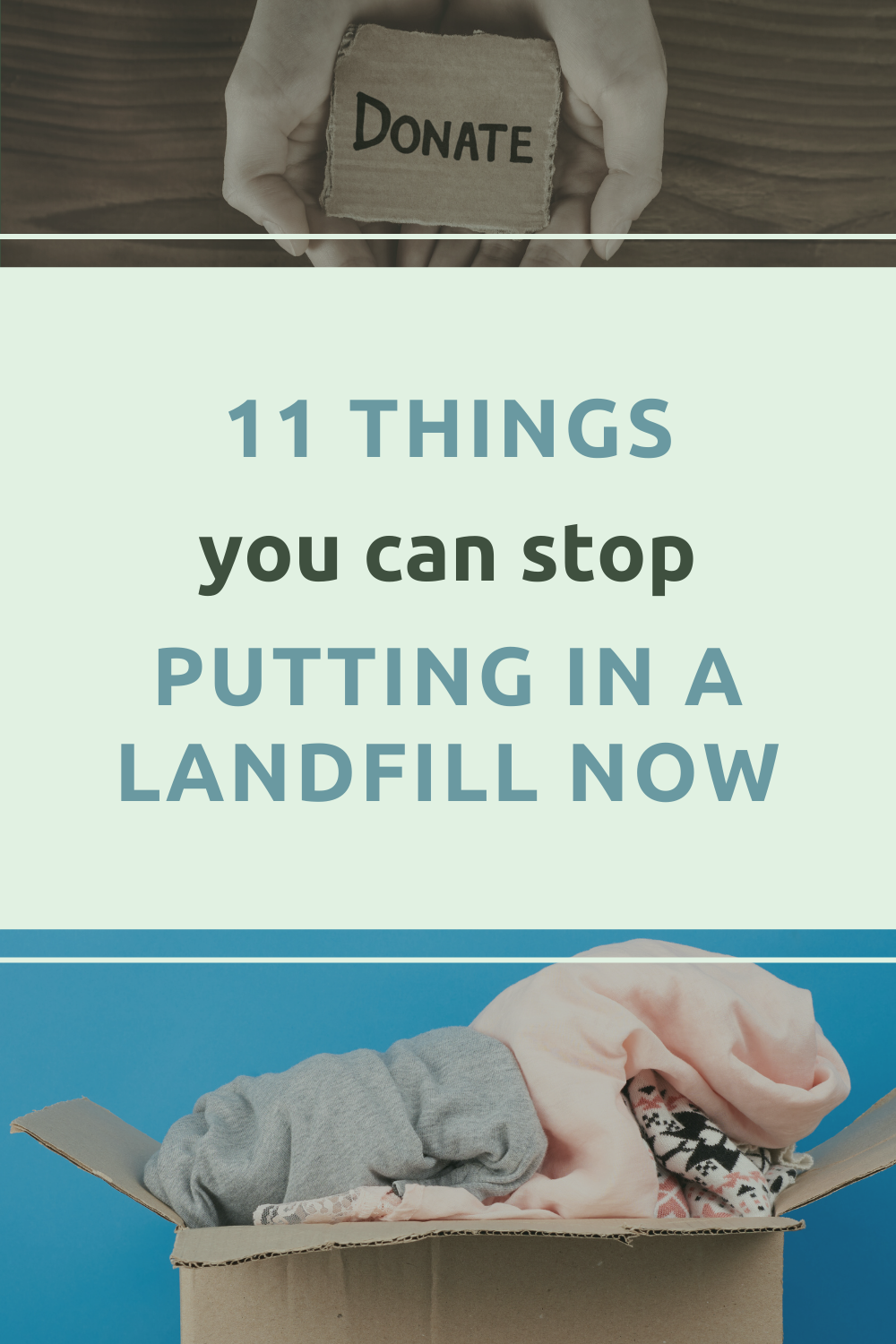11 things you can stop putting in a landfill now
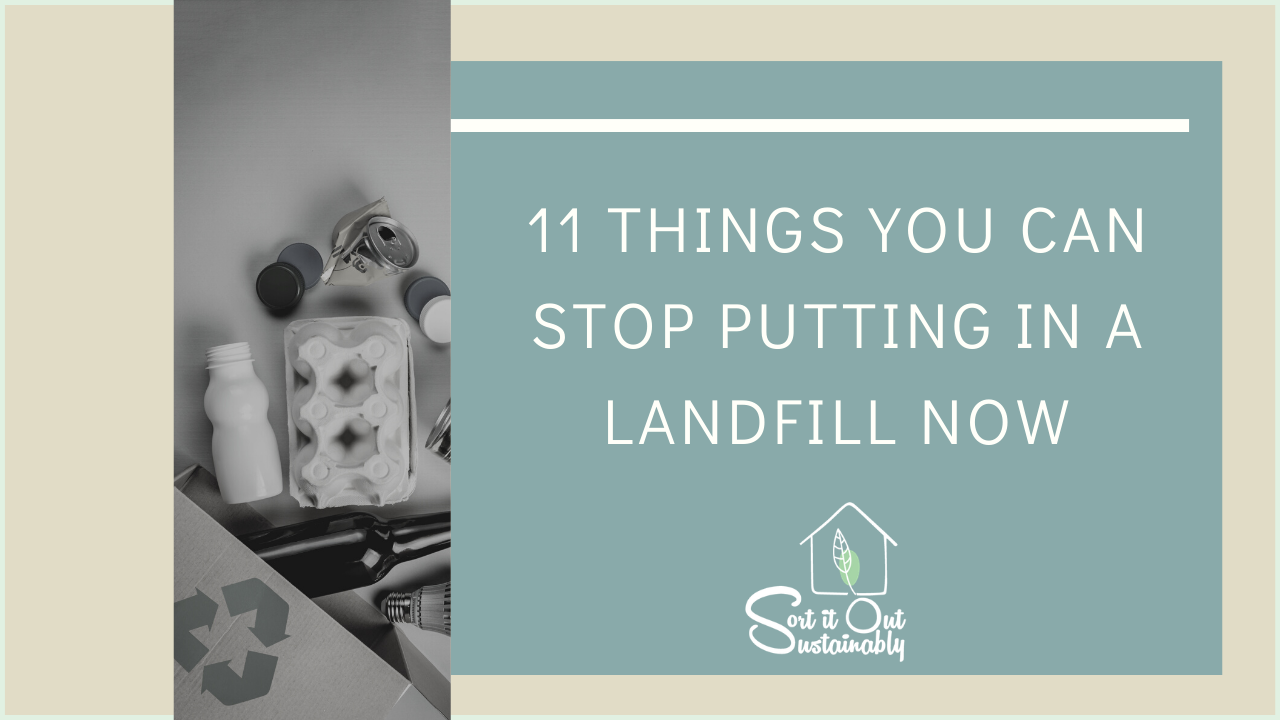
We live in a disposable culture that when we are done with something, normally just throw it away.
We have all come to realise by now, that there is no such place as away. Well, there is. And it is normally a big hole in the earth. And we are filling them at exponentially destructive rates. If you are interested in empowering yourself to make some simple switches in your waste habits to reduce your negative impact, you have come to the right spot!
Here are 11 things you can stop putting in the bin from today:
# 1. Food Scraps
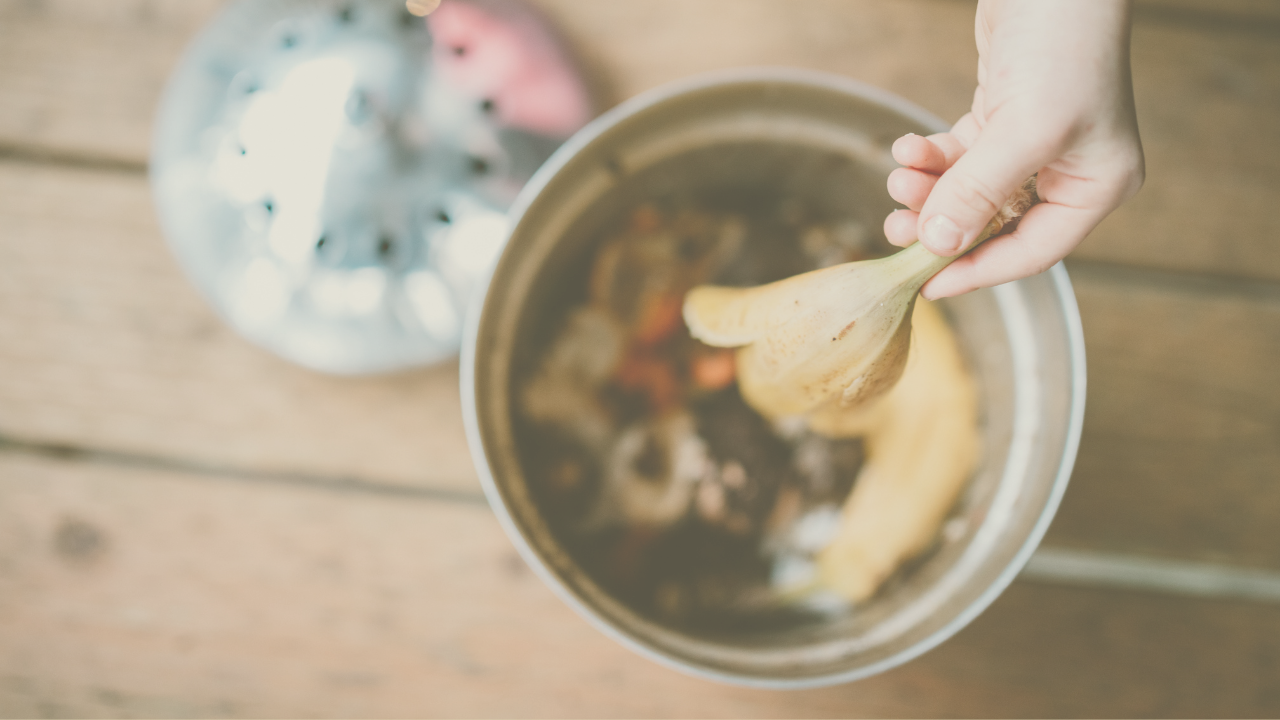
The erosion of top soil of the planet is one of the biggest problems humans face. The organic living elements in soil we grow our food in are disappearing and not being replaced. While we are also letting tonnes and tonnes of decomposing food waste rot in landfills. The loop of natural cycles of organic matter is broken and causing catasphic scale damage. The easiest and most powerful thing you can do to be part of the solution, instead of part of the problem, is to compost your food scraps. Whether that is in your backyard, someone else's backyard through the 'Share Waste' app, In a benchtop composting system, at a community drop-off point, or via a local collection service, most of us have the ability to compost.
# 2 Soft Plastic
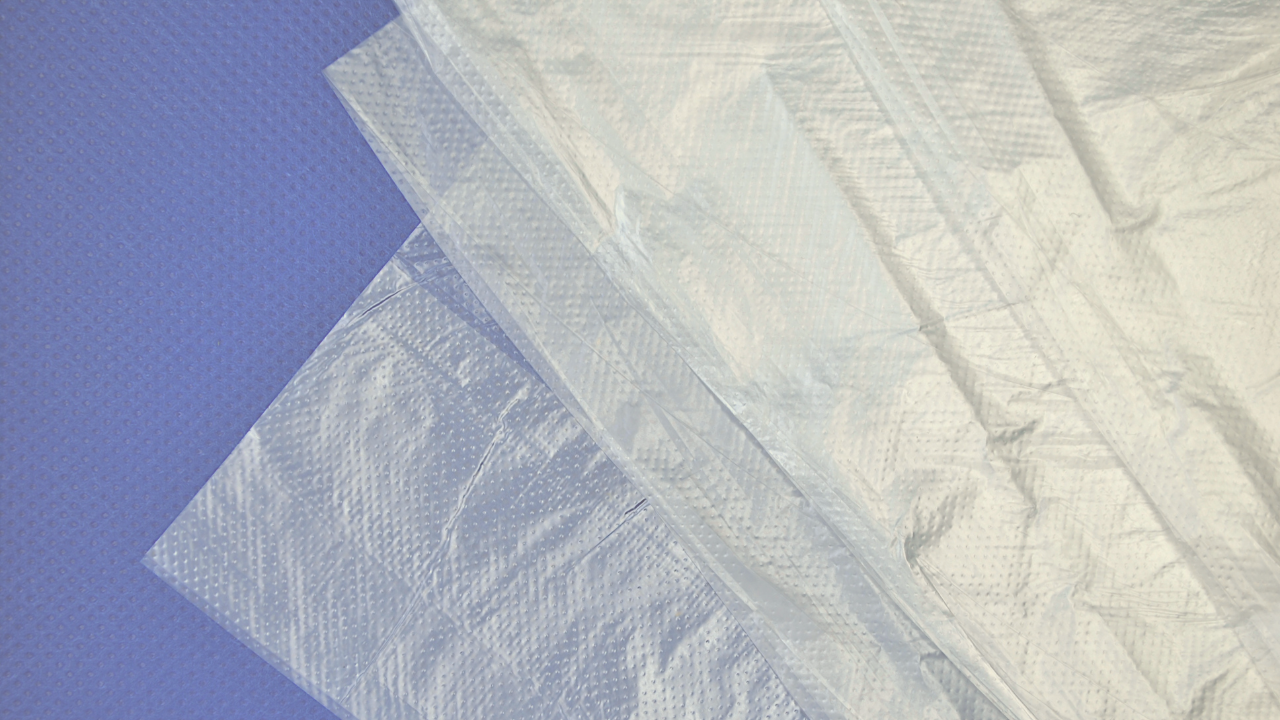
If you have a look through the average kitchen landfill bin, you are likely to see soft plastic to be the main material inside. Which is such a shame because it is actually recyclable. Any plastic that you can scrunch easily in your hand is usually recyclable through the store drop-off locations at most major supermarkets.
What I do is I have a small line ties up on my balcony that I peg soft plastic to dry after rinsing it. Then I bag it and store it in the garage for months until I remember to take it to the shops!
# 3 Fabric/Clothing
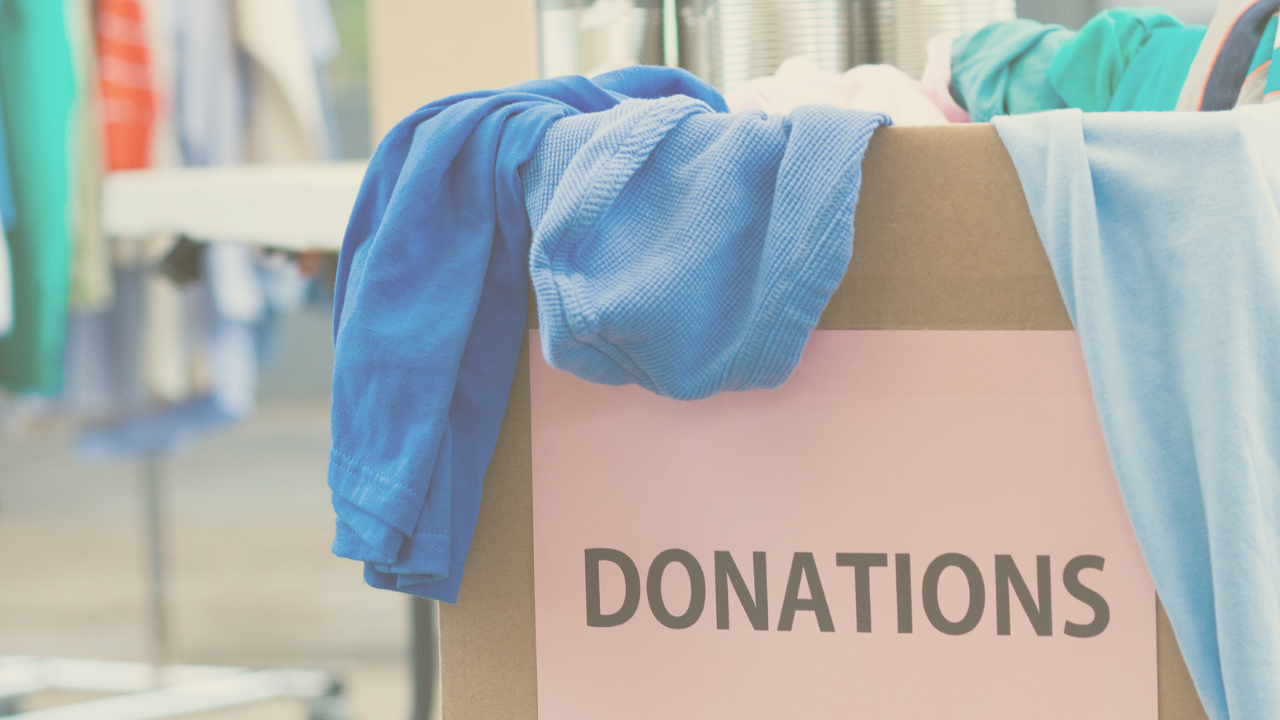
Aussies discard about 23 kilograms* into landfill each year. Most of that could have been re-worn or re-used in some way. Of course, if there is nothing wrong with an item, it can be given away. But are you throwing out stained and broken fabric items? 'Upparel' is an Australian fabric recycling service that you can book in a pick-up with.
# 4 Single-use straws and other items
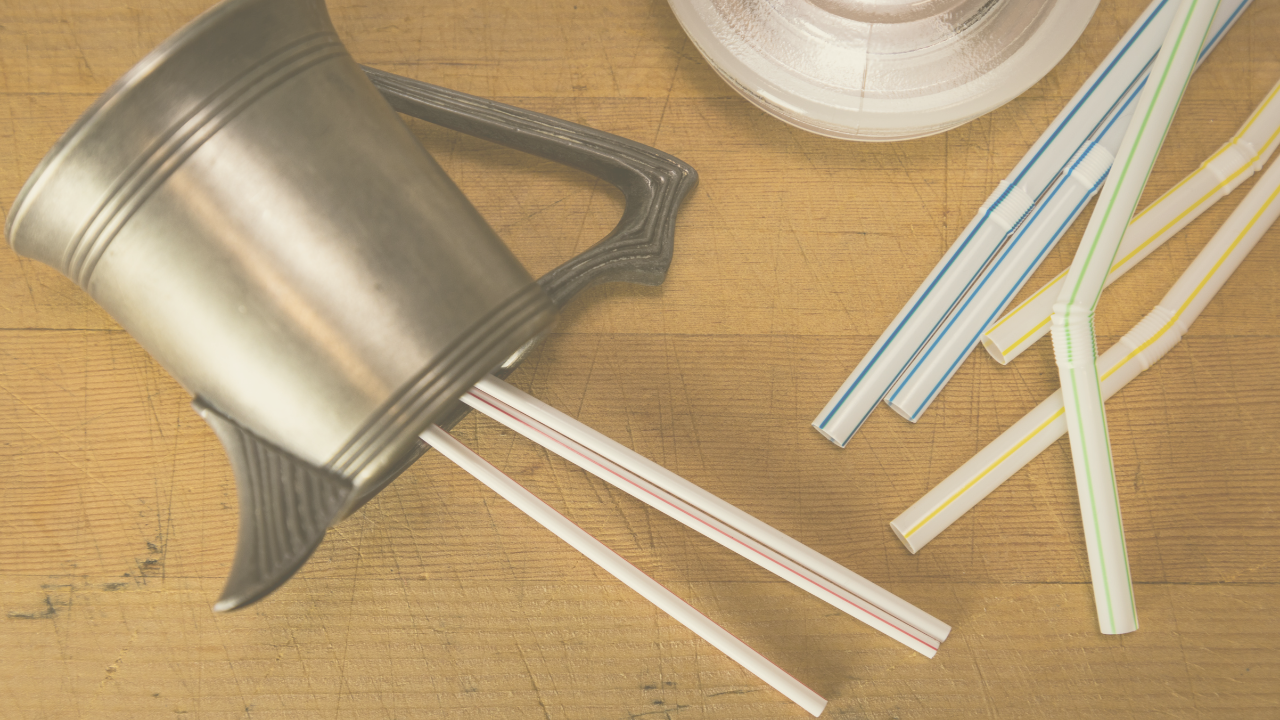
From today, you can totally quit binning these! Simply wash the next ones you get and use them for takeaway until you get a better reusable set. Just remember to ask for no cutlery when you get a takeaway.
# 5 Electrical waste
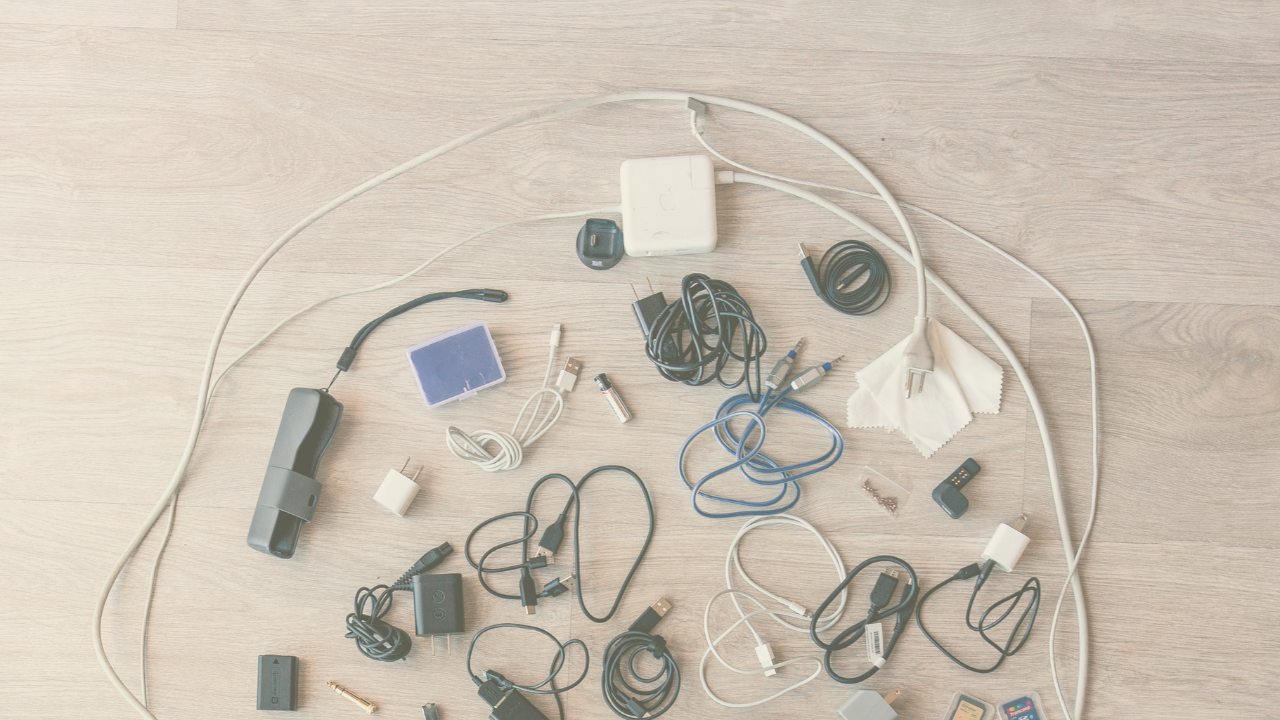
Phone chargers, cords, old devices... All can be given new life through E-waste recycling. There are drop-off points for most E-Waste at the entry of Officeworks. Local councils can normally take these items at their recourse recovery centers, too.
# 6 Paper
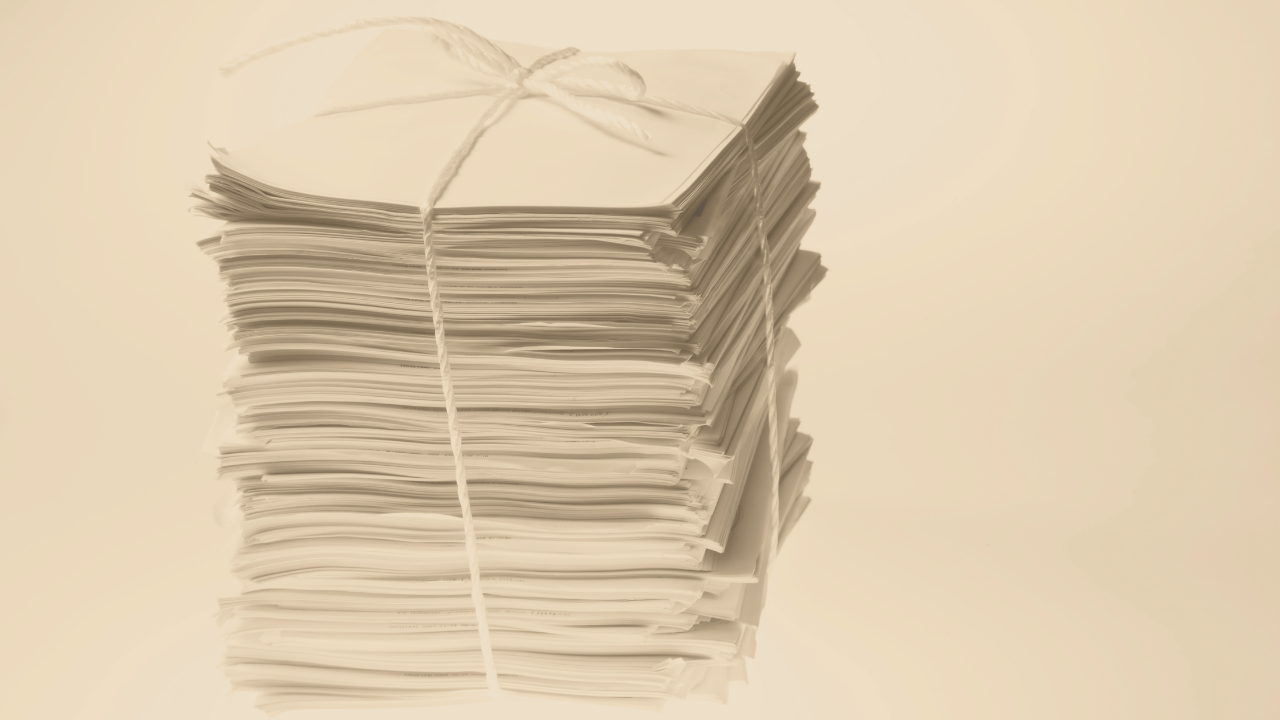
There are several options of keeping paper in the loop as a resource when you are done with it. Scrap paper can be reused by children or recycled in normal council recycling. If there is confidential information on the paper you can shredded it and compost it and let it break down in the soil rather than encapsulated it in a landfill.
# 7 Glass
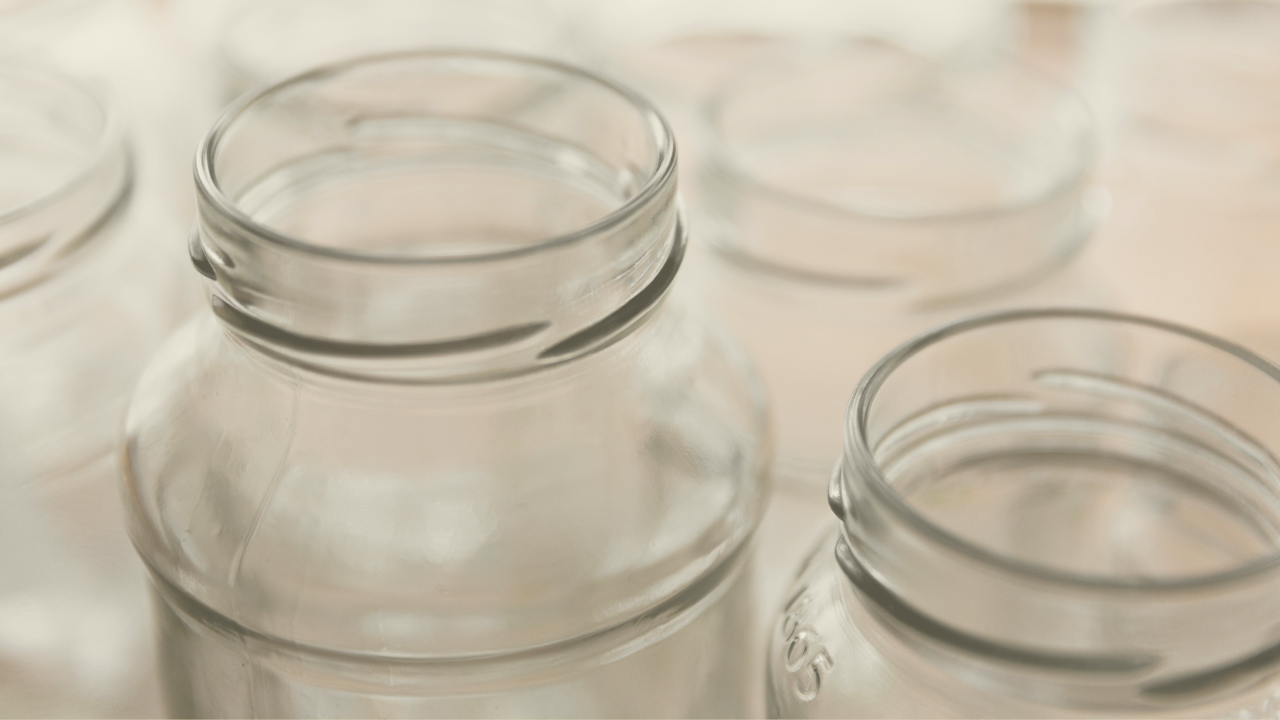
Another one we know can be recycled but often don't go to the effort to wash out if there are contents in the jar, throwing the whole thing in the bin. Most jars are made good enough to get a year of re-use out of them or at least can be melted down and turned into other glass products.
# 8 Batteries
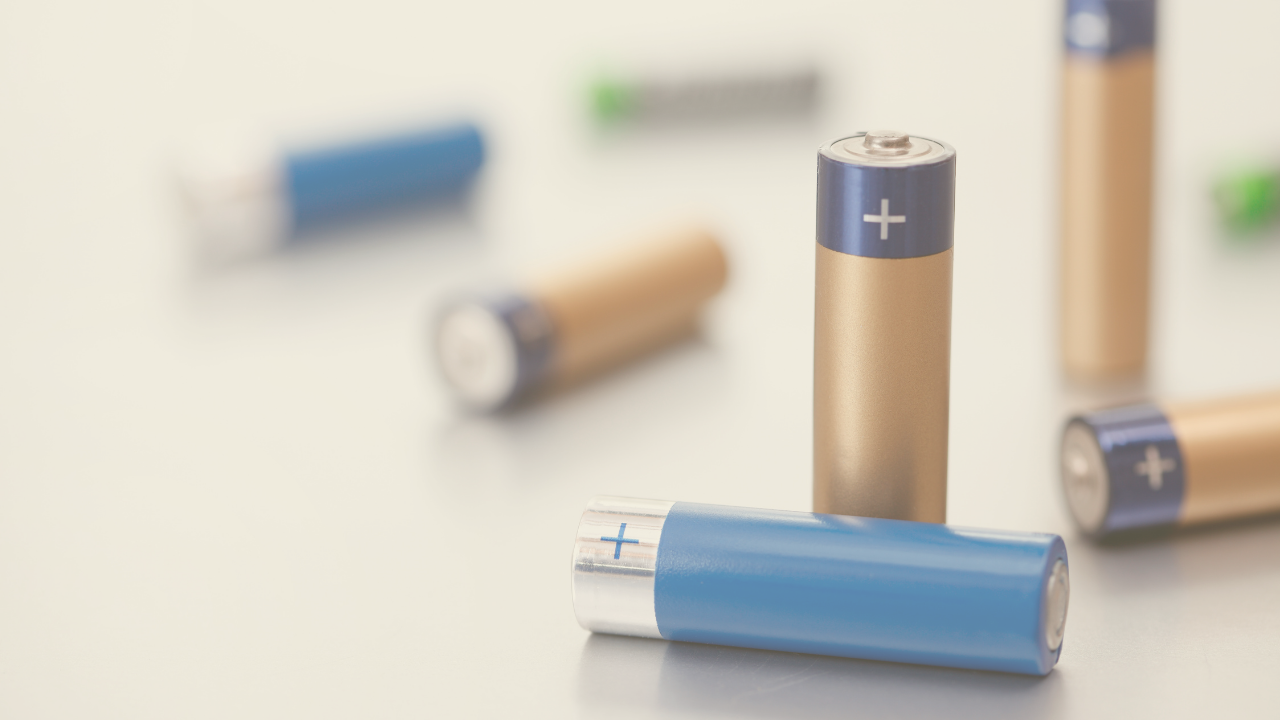
We know they don't go in the recycling and know that they are quite toxic, but not all of us know we shouldn't put them in the normal bin. There are several places that you can recycle your batteries including Officeworks, Aldi, and battery world. Save them up on a yearly trip maybe? You can go one step further and use rechargeable batteries, too.
# 9 A foil
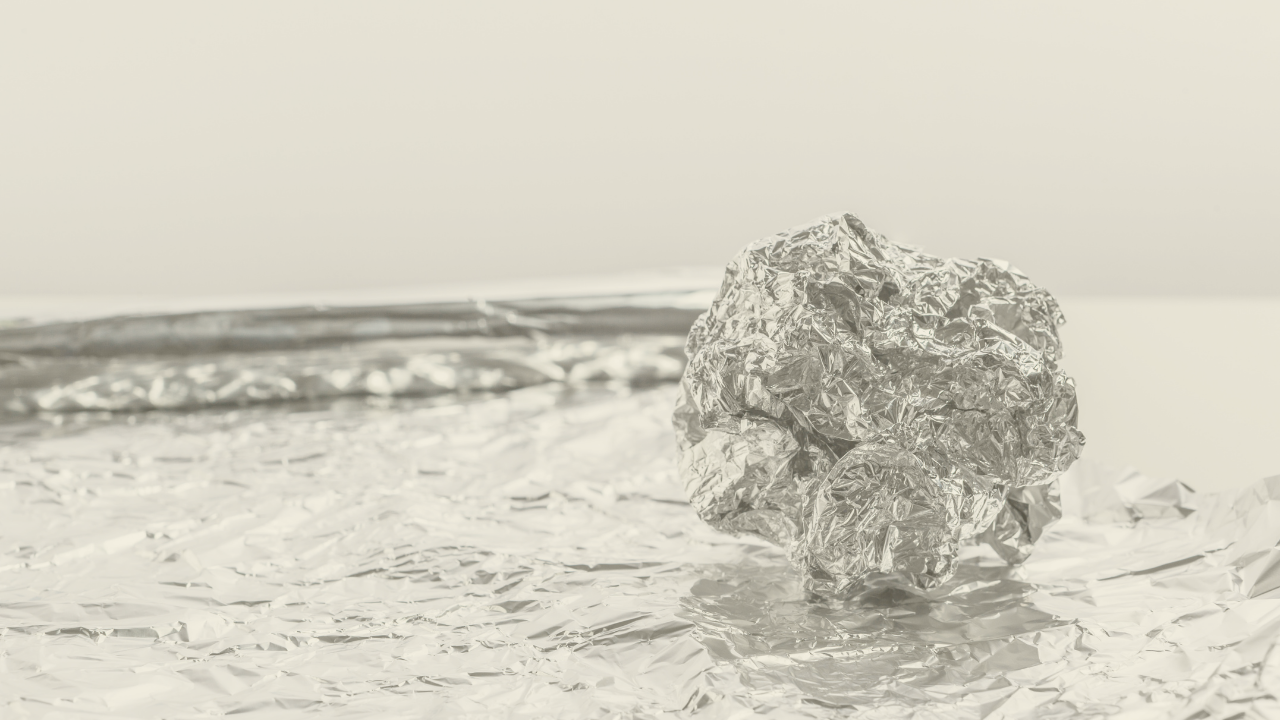
Aluminum is recyclable. Just clean it off and it is technically recyclable but to increase the chance of it actually getting recycled, roll it into a ball and keep adding to it so you have a tennis ball size clean alfoil ball that goes in your recycling bin.
#10 Bread Tags

Bread tags are super small and we don't think that they made a difference. However, if you put them aside you can build up a little collection quite quickly and that can be a clean valuable resource to someone else.
Bread Tags for Wheelchairs collects bread tags nationally in Australia. The tags are recycled locally, raising funds to buy wheelchairs for disadvantaged people in South Africa.
#11 Anything that can be reused
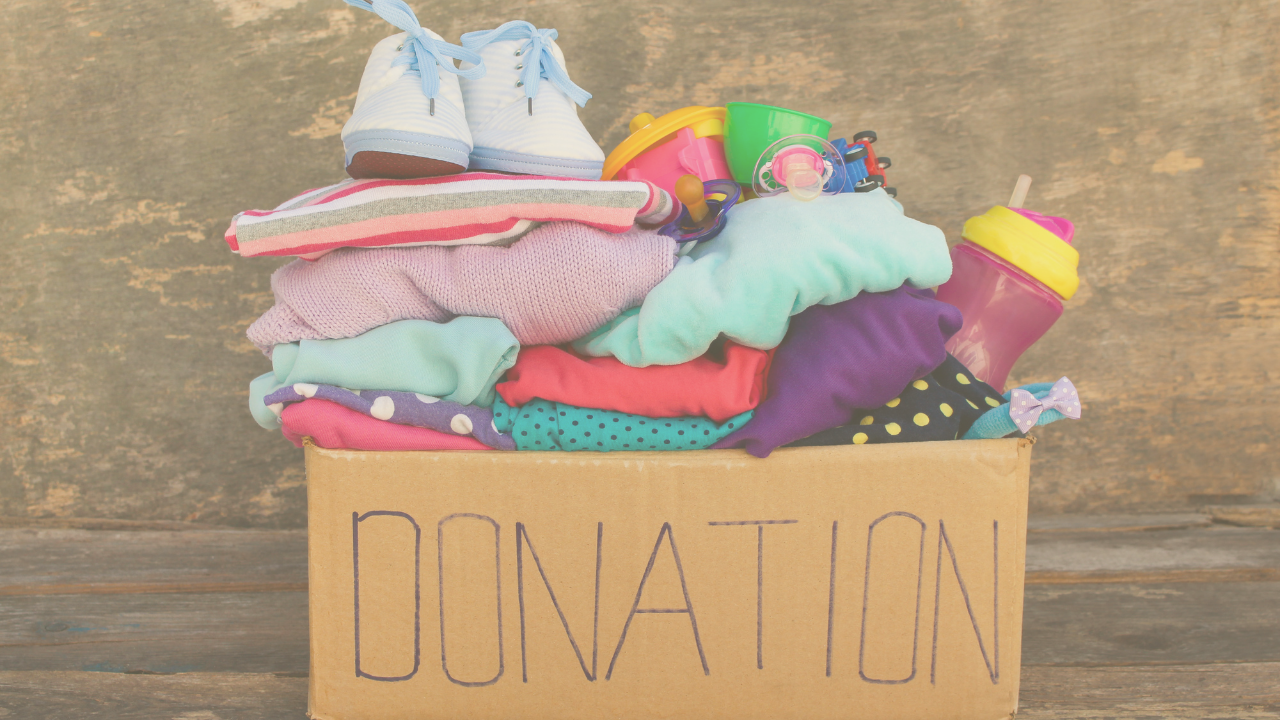
If you are throwing an item that is in fine condition, you can swap that walk to the bin for a walk to the op shop box and donate it. So many good items get thrown out that could be donated. So make it a habit to not throw stuff like that out.
Stop putting these 11 things in landfills and see how many fewer trips to the bin you make. I take a small grocery bag of landfill out to the wheely bin about once a week.
